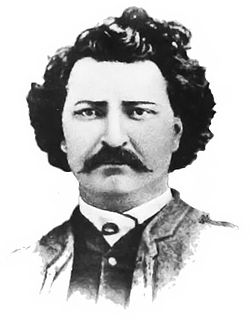Louis Riel: A Complex Legacy in Canadian History

Introduction
Louis Riel, a significant figure in Canadian history, played a crucial role in advocating for the rights of Métis people and shaping the nation’s landscape. His leadership during the Red River and North-West Rebellions highlighted the struggles of Indigenous communities and their fight for sovereignty. Today, as Canada seeks to reconcile its past, understanding Riel’s legacy is more important than ever.
Life and Early Activism
Born on October 22, 1844, in Saint Boniface, Riel was raised in a mixed French and Métis heritage during a tumultuous time in Canada. His education in law and strong conviction in his people’s rights propelled him into activism. In 1869, Riel led the Red River Rebellion, where he asserted the rights of the Métis against encroaching Canadian settlers and the government. His leadership resulted in the establishment of the Métis Provisional Government, which ultimately negotiated the terms of Manitoba’s entry into Confederation.
The North-West Rebellion
Despite initially finding temporary peace and a sense of belonging in Montana, Riel returned to Canada in 1884 to assist the Métis in Saskatchewan facing distress due to government neglect. This led to the North-West Rebellion of 1885, where Riel again acted as a leader, though the uprising faced an overwhelming military response. Riel’s forces were defeated, and he was captured and subsequently tried for treason.
Legacy and Reconciliation
Riel was executed on November 16, 1885, but his legacy transformed over the years. Initially viewed as a traitor, he has come to be seen as a martyr for Indigenous rights and a champion of social justice. His trials raised awareness about the plight of the Métis and sparked discussions around Indigenous rights, which resonate today with ongoing movements for reconciliation.
Conclusion
Louis Riel’s life and struggles signify the complexities of Canadian identity and the ongoing journey toward recognizing Indigenous rights. As Canada continues to confront its past and strive for reconciliation, Riel’s story serves as an essential reminder of the enduring fight for justice and equality. Understanding Riel’s impact allows Canadians to reflect on their collective history and work towards a more inclusive future.








